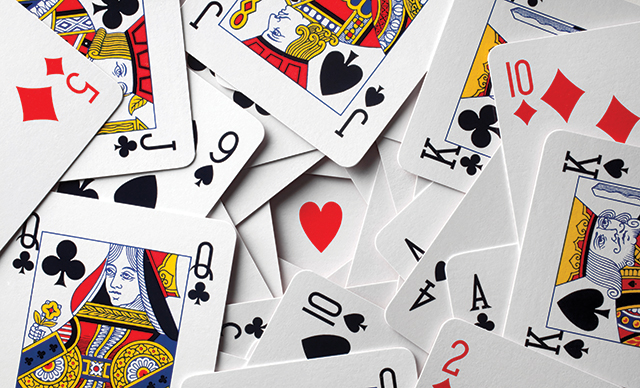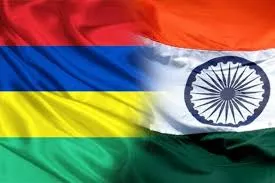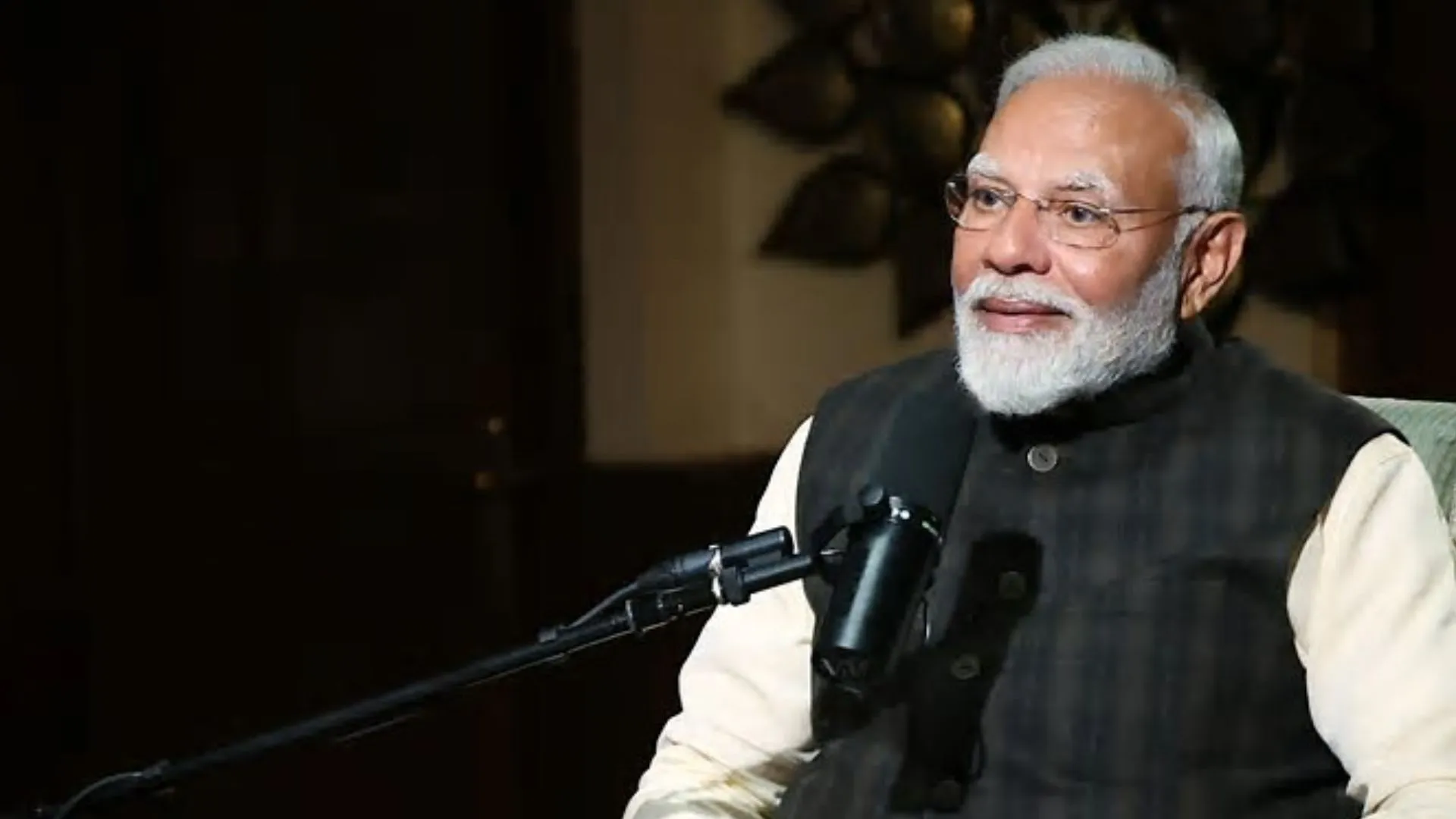Poker, often dubbed the “mind sport,” is a game of skill, strategy, and psychology. While mastering the rules and understanding the odds are essential, one crucial aspect of poker often overlooked is the importance of body language. The way players carry themselves, their gestures, and facial expressions can reveal valuable information at the poker table.
In this blog post, we’ll explore the significance of body language in poker, how to read opponents, and the art of maintaining a strong “poker face.”
The Language of Poker
1. Non-verbal cues
In poker, players communicate not only through their words but also through non-verbal cues. These cues can include facial expressions, body movements, and even the speed at which a player makes decisions.
2. Concealing Emotions
Poker players often strive to conceal their emotions to keep their opponents guessing. A “poker face” is a term used to describe a stoic and unreadable expression that conceals a player’s thoughts and emotions.
3. Misdirection
Experienced players may use subtle gestures or expressions to mislead their opponents intentionally. This tactic is known as “false tells” and is used to create confusion and gain an advantage.
Reading Your Opponents
1. Facial Expressions
Facial expressions can be a goldmine of information at the poker table. Look for signs of nervousness, confidence, or frustration in your opponents’ faces. Common facial tells include:
- Microexpressions: Quick, involuntary facial expressions that reveal hidden emotions.
- Eye Movements: Dilated pupils can indicate excitement or stress, while avoiding eye contact may suggest discomfort.
- Lip Biting or Smiling: These can be signs of nervousness or excitement.
2. Posture and Gestures
A player’s posture and gestures can also provide valuable insights. Pay attention to:
- Slumped Shoulders: This may indicate disappointment or a weak hand.
- Sudden Stillness: A player who suddenly becomes rigid may be trying to appear strong.
- Tapping or Fidgeting: Nervous habits can betray anxiety or uncertainty.
3. Betting Patterns
The way a player bets can be a significant tell. For example:
- Quick Bets: Rapid betting may indicate a strong hand, as the player is eager to capitalize on it.
- Hesitation: A long pause before betting may signify indecision or a weaker hand.
- Overly Aggressive Betting: This could be a sign of a bluffer trying to intimidate opponents.
Maintaining Your Poker Face
1. Practice
Maintaining a strong poker face requires practice. Play judi bola with friends or in low-stakes games to refine your ability to conceal emotions.
2. Controlled Breathing
Controlling your breath can help manage stress and prevent visible signs of nervousness. Take slow, deep breaths to stay calm.
3. Neutral Expression
Keep your facial expression neutral. Avoid sudden smiles, grimaces, or eye movements that might give away your hand’s strength.
4. Observe Your Opponents
While focusing on your own poker face, also pay close attention to your opponents. Look for tells and try to spot inconsistencies in their behavior.
The Online Poker Challenge
In the era of online poker, reading body language has become more challenging, as players don’t have the advantage of physical presence. However, online poker introduces a new set of behavioral cues to consider:
1. Betting Speed
In online poker, the speed at which a player bets or checks can indicate the strength of their hand. Quick bets may signal confidence, while delays may suggest uncertainty.
2. Chatbox Activity
Some players use the chatbox to engage in conversation or mislead opponents. Watch for patterns in chat behavior that could provide insights into a player’s strategy.
3. Betting Sizing
The size of a player’s bets in online poker can also be revealing. Large bets may signify a strong hand, while smaller bets may indicate a weaker one.
The Psychology of Bluffing
Bluffing is an integral part of poker, and it relies heavily on body language and psychology. Successful bluffers use their body language to create a false narrative that convinces opponents of the strength of their hand. To become a proficient bluffer, consider these tips:
1. Consistency is Key
Maintain consistent behavior regardless of your hand’s strength. This makes it harder for opponents to detect changes in your demeanor when you do decide to bluff.
2. Study Opponents
Pay attention to your opponents’ reactions when they bluff or hold strong hands. Learning their habits can help you become a more effective bluffer.
3. Timing is Everything
Well-timed bluffs are often more successful. Consider the context of the sbobet game and the tendencies of your opponents when deciding when to bluff.
The Balancing Act
In poker, the use of body language is a delicate balancing act. While you aim to read your opponents, you must also control your own tells and maintain a strong poker face. Achieving this balance can be challenging but rewarding, as it adds an exciting layer of psychology to the game.
Conclusion
The importance of body language in poker cannot be overstated. Understanding non-verbal cues, reading your opponents, and maintaining a strong poker face are essential skills that can significantly impact your success at the poker table. Whether you’re playing in a casual home game or competing in high-stakes tournaments, mastering the art of body language in poker can give you a valuable edge and elevate your gameplay to new heights. So, the next time you sit down at a poker table, remember that the language of poker goes beyond words—it’s written in the subtle cues and expressions of your opponents.























